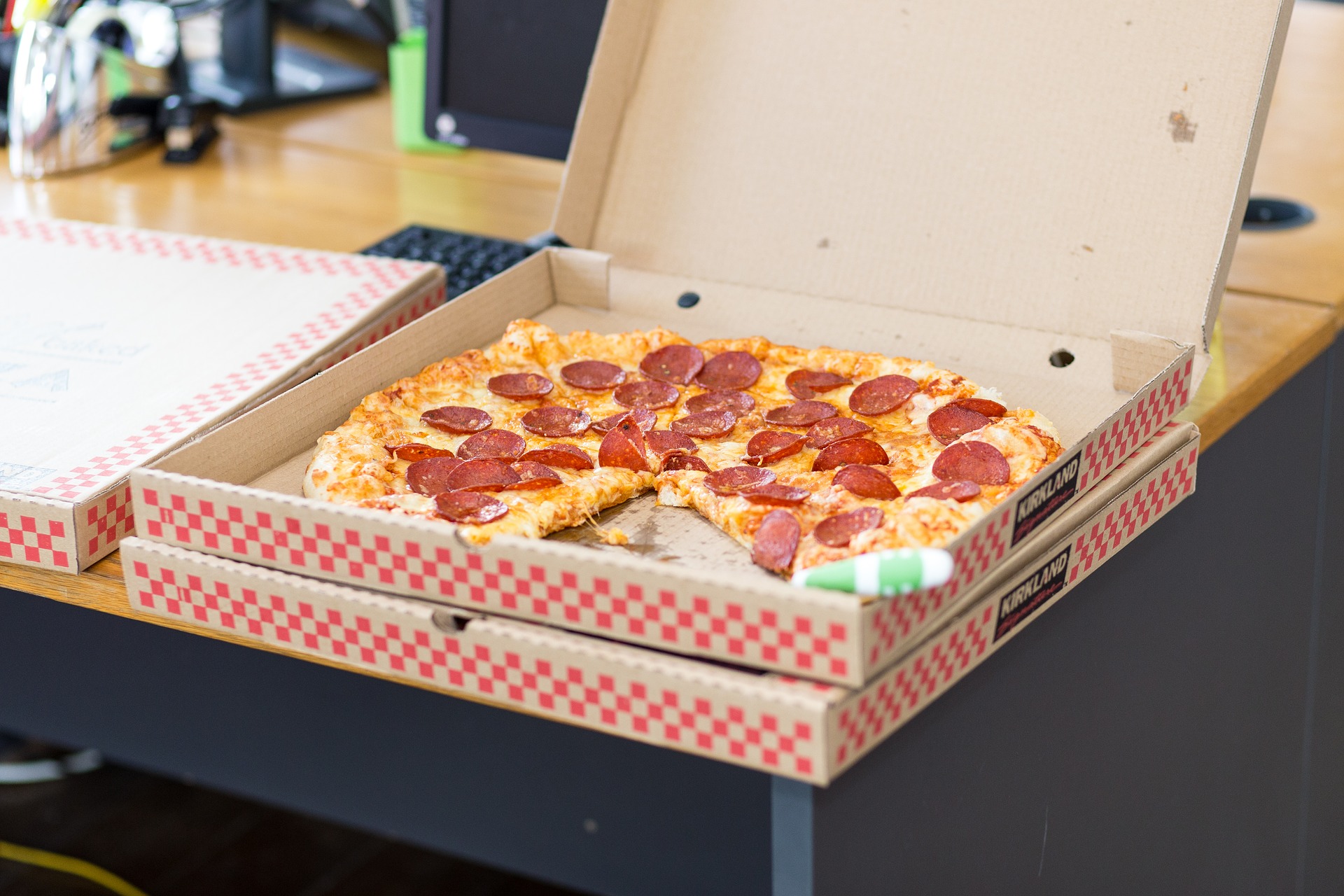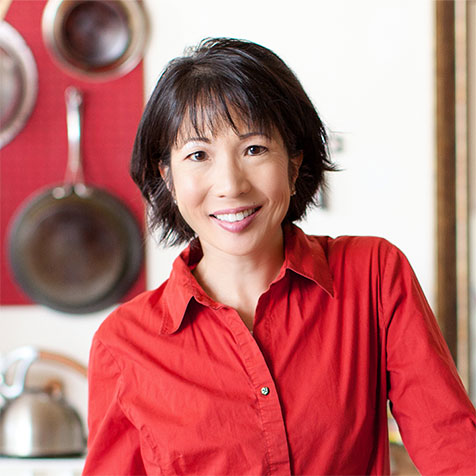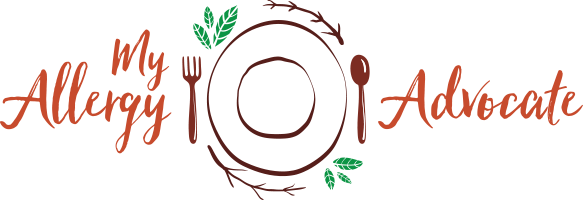Gluten | Gluten-Free Living | Home | Health | Food Allergies

When gluten is all around, how do you figure out how to cope when you can’t eat it but must be around it?
In 2014, I entered my first race Olympic Distance race as a relay, the Victoria BC Subaru Saunders Olympic Distance Triathlon. I took on the 0.9mile swim event, M took on the 27 mile bike event, and a fellow runner friend Rosie took on the 10 kilometer run around Elk Lake. When it came to giving our team a name, I ended up submitting the team name, “Imei and the Gluteneaters.”
Three seasons later, and an Ironman Finisher now going on for her first Ultramarathon, I’m reflecting on what it means to live — and I mean fully live — in the Land of the Gluteneaters.
If you must be gluten-free for medically necessary reasons (meaning: you must avoid gluten or you will become seriously ill or risk severe complications or death), avoiding gluten in your food is a complex enough task by itself, since much of our food supply in westernized countries are embedded with gluten and cross-contaminated as well as cross-reactive ingredients. What happens if you live with others who eat gluten? What happens if you live with others who eat the foods you are most reactive to, such as nuts, dairy, gluten, soy? What if you have multiple food allergies, and your partner/spouse does not?
Is Your Nutritional Profile in Conflict With Your Partner’s?
Unless you and your partner/spouse share the exact nutritional needs, your nutritional profile is not only going to be different, it is likely to be in conflict. So, can two smart, tech savvy and food-conscious people shop and eat differently and safely, while not putting the food-restrictive partner in danger?
I am here to say YES they can. And yes, we do.
After several years of eating together and eating meals that are compositionally different, the answer to that question is Yes, and with a caveat. Yes, IF you are willing to work carefully and hard at keeping foods separate in your refrigerator, pantry, and dishes.
People ask me all the time, “Why don’t you have your husband eat your food?” The answer to that is simple. There is no real reason why he should have to eat my restrictive food profile, when I can keep myself perfectly safe. And there are some very good reasons why he should continue to eat foods that contain gluten, dairy, oats, corn, sugar, seeds, nuts, beans, legumes, alliums, gourds, squashes, pineapple, bananas… you get the picture?
I asked for only one exception. Since peanuts produce anaphylaxis when I ingest them, I have asked him to only consume peanuts and peanut butter outside the home. Peanuts are the only food that I have asked him to never bring into our home. And that one is really easy for him to comply with my singular request.
Other than peanuts, you will see soy nuts, bread, dairy, beans and legumes, pasta, and other foods on my “NO” list in our kitchen. This would not work if we were cooking for children who were also reactive to these foods. With just the two of us, we have created a system of prep, cooking, storing, and clean up that meets both of our needs and still keeps me safe.
Avoiding Temptation
When I open our refrigerator, I do see the foods I cannot have: butter, a loaf of multi-grain bread, cheese, condiments (pickles, mustard, ketchup, Shriracha sauce, BBQ sauces, tubs of yoghurt).
Over time, it’s become a survival instinct to completely avoid anything I know will make me sick. When people ask me how I can avoid temptation if I see a piece of cake or pie in the refrigerator, it’s quite simple. I haven’t forgotten what it felt like to be in the ED of a local hospital, writhing around in the worst pain in my guts, low blood pressure, and my abdominal cavity inflamed. An experience like that one pretty much kills any excitement that might come from nibbling on a tempting treat.
My friend and “Tri Wife” (female triathlete pal) Stefanie once texted me, asking if I ever wished I could just “eat the sammich”. Of course! I longingly fantasize about eating a twice-baked almond croissant from a French bakery I adore, and in this life, it isn’t going to happen. That is why it is called a FANTASY.
The way I truly avoid temptation and convenience eating is by planning, preparing, and making my own Imei-safe foods available to me, stored in glass and plastic containers that are not shared with my husband’s foods. His foods are sometimes bagged away from mine; my foods are stored on the opposite side of the shelves in the fridge. I just look in my section for my food, reducing temptation to eat anything else.
Cheats and Treats — Is There Any Reason For These?
When you deliberately choose to eat like you — and not anyone else — I believe the only reason to make any cheats and treats is a psychological and social one; that is, you don’t want to be alone with your food, and worse, you don’t want to be alone and bored with your food.
While I would be lying that I would love to have a licorice vine, it’s a known fact that they are made with wheat flour. Now, there are candies that can be made that are sugary but free of gluten. You will see athletes who have Celiac Disease claim to eat all the things they can which are gluten free, and at the same time, we all know those foods are treats — candy and junk food that do not make for a balanced nutritional profile. Just because you CAN eat them doesn’t mean you SHOULD eat them.
As for myself, when I eat gluten free treats that contain excess sugar, I don’t feel well. My theory is that the cleaner your diet ends up being to keep you healthy and feeling good, the stronger the negative reaction your guts experience when it eats something that isn’t clean, like excess sugar.
So, to answer the question, we know there are REASONS to cheat and eat the treats, but the bigger question is, are those reasons good enough when you aren’t feeling well from having consumed them.
Macro Moments and Micro Moments
This weekend, my friend Margie reminded me that we all have choices regarding food, but maybe the way we look at the results are in macro and micro moments. For those who don’t have my medical restrictions, they can eat “whatever they want” and there are only consequences measured in micro moments. However, add up all those micro moments, and you can see just how much time you lose to things like feeling drowsy, bloated, cramping, moody, and with poor blood sugar control.
For me, a food choice is measure in macro moments. If I make conscientious food choices 100% of the time, I can go for weeks with really good energy, happy joints, a quiet tummy, good sleep, and well-regulated blood sugar levels. A single miscalculation or an exposure to a food allergen or gluten, and that picture can quickly change to hives, difficulty breathing, a trip to the ER, nausea, diarrhea, cramping, anemia, dehydration, low blood pressure, and days in bed.
My argument to those who are on the cusp of changing their lifestyle is this: do you really feel you have any more time to waste, whether in macro moments or micro moments, when a little bit of organization, even in the Land of the Gluteneaters, allows you to take control and stop wasting that time?
One of the things I have said countless times to others who want to understand what it means to have Celiac Disease is that I have felt cheated of my life when I was really sick from this disease. It is time that I can’t get back. What I can do is take control of what I eat and how I eat, how I move my body and how I rest, and create a lifestyle where food allergies and Autoimmune Disease do not stop me from having an ordinary “normal” life. In fact, taking this kind of control allows me to choose my adventures instead of restricting them.
Is it time to take your life back? To gain control over your disease and food issues? Make your decision, write it down, and start getting to work. I and the other Hungry Hamsters out there are rooting for you to join us and make this YOUR year to get the upper hand on your food-related issues.




